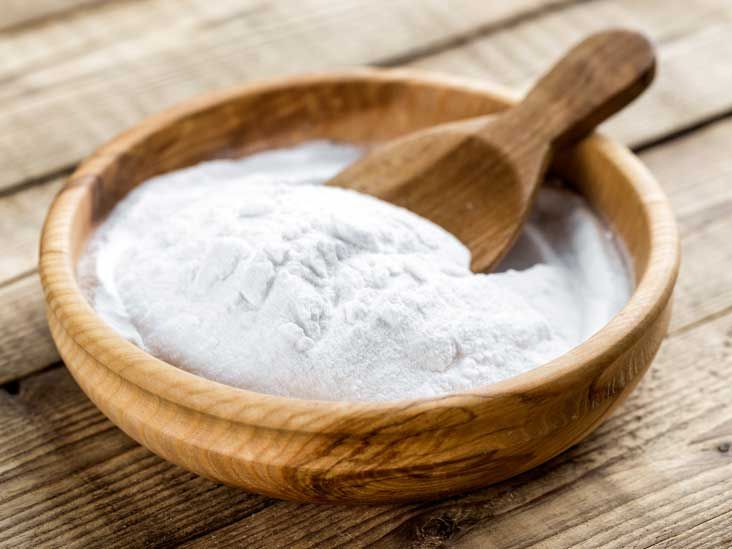Calculating the right amount of calories for your small dog can be a bit tricky. Just like humans, dogs need the right balance of nutrients and calories to maintain a healthy weight and overall well-being. But how many calories does your small dog actually need? To help answer this question, we reached out to experts in the field of pet nutrition to weigh in on this important topic.
Table of Contents
Understanding Your Small Dog’s Caloric Needs
When it comes to determining the right amount of calories for your small dog, there are several factors to consider. One of the most important factors is your dog’s weight. Small dogs, generally weighing between 10-20 pounds, require a different calorie intake than larger breeds. In addition to weight, age, activity level, and overall health are also important considerations when calculating your dog’s caloric needs.
Dr. Sarah Miller, a veterinarian specializing in pet nutrition, emphasizes the importance of tailoring your dog’s diet to their specific needs. “Small dogs have different metabolic rates than larger breeds, so it’s crucial to ensure they’re getting the right amount of calories to support their energy needs,” she explains. “A sedentary small dog will require fewer calories than a small dog that is very active.”
How to Calculate Your Small Dog’s Daily Caloric Needs
One popular method for calculating a dog’s caloric needs is the resting energy requirement (RER) formula. This formula takes into account your dog’s weight and is used to estimate the number of calories needed to maintain basic bodily functions at rest.
To use the RER formula, you can follow this simple calculation:
RER = 70 x (your dog’s weight in kilograms) ^ 0.75
Once you have calculated your dog’s RER, you can then adjust it based on their activity level. For example, a small dog that is very active may require 1.6 times their RER, while a sedentary small dog may only require 1.2 times their RER.
Expert Opinions on Small Dog Caloric Needs
We spoke with several experts in the field of pet nutrition to get their insights on how many calories small dogs need. Dr. Jennifer Lee, a board-certified veterinary nutritionist, explains that small dogs require a higher calorie-to-weight ratio compared to larger breeds. “Because small dogs have faster metabolisms, they need a more calorie-dense diet to meet their energy needs,” she notes. “Owners of small dogs should choose high-quality, nutrient-dense foods to ensure their dogs are getting the right amount of calories without overfeeding.”
Dr. Karen Smith, a canine nutritionist with over 15 years of experience, emphasizes the importance of monitoring your small dog’s weight and adjusting their caloric intake as needed. “Small dogs are prone to weight gain, so it’s important to be mindful of their calorie intake and to adjust as necessary based on their activity level and overall health,” she advises. “Regularly consulting with your veterinarian can help ensure your small dog is getting the right amount of calories for their individual needs.”
Conclusion
Ultimately, the exact number of calories your small dog needs will depend on a variety of factors including their weight, age, activity level, and overall health. By using the RER formula as a starting point and adjusting based on your dog’s individual needs, you can help ensure they are getting the right amount of calories to support their well-being. Consulting with a veterinarian or a board-certified veterinary nutritionist can provide personalized guidance and recommendations for your small dog’s diet.
FAQs About Small Dog Caloric Needs
Q: How can I tell if my small dog is getting the right amount of calories?
A: Monitoring your dog’s weight and body condition is a good way to determine if they are getting the right amount of calories. If your small dog is gaining or losing weight, it may be a sign that their caloric intake needs to be adjusted.
Q: What are some signs that my small dog is not getting enough calories?
A: Some common signs of insufficient caloric intake in dogs include lethargy, poor muscle tone, and reluctance to exercise. If you notice any of these signs in your small dog, it’s important to consult with a veterinarian to address their dietary needs.
Q: Can I overfeed my small dog with too many calories?
A: Yes, overfeeding can lead to weight gain and other health issues in small dogs. It’s important to ensure that your small dog is getting the right amount of calories for their individual needs to prevent overfeeding.
Q: Should I feed my small dog a different diet based on their activity level?
A: Yes, a small dog that is very active may require a higher calorie diet compared to a sedentary small dog. It’s important to adjust your dog’s diet based on their activity level to ensure they are getting the right amount of calories to support their energy needs.
Overall, understanding your small dog’s caloric needs is essential for their overall health and well-being. By considering factors such as weight, age, activity level, and consulting with experts in pet nutrition, you can make informed decisions about your small dog’s diet and ensure they are getting the right amount of calories to support their individual needs.
how many calories in a small dog
As a responsible pet owner, it’s important to know how many calories your small dog needs in order to maintain a healthy weight and overall well-being. Small dogs have different nutritional needs than larger breeds, so it’s important to understand how much food is necessary to keep them healthy.
According to experts, the average small dog needs between 40 to 50 calories per pound of body weight per day. This means that a small dog weighing 10 pounds would need between 400 to 500 calories per day. However, this can vary depending on the dog’s activity level, age, and health condition.
It’s important to note that every dog is unique, so it’s important to consult with a veterinarian to determine the specific caloric needs of your small dog. Factors such as age, breed, metabolism, and activity level all play a role in determining how many calories your small dog should consume on a daily basis.
Feeding your small dog too many calories can lead to weight gain and health issues, while not providing enough calories can result in malnourishment. It’s crucial to find the right balance to ensure your small dog is getting the proper nutrition and maintaining a healthy weight.
If your small dog is overweight, it’s important to work with a veterinarian to develop a plan to slowly and safely reduce their caloric intake. This may involve adjusting portion sizes, changing to a lower-calorie dog food, and increasing exercise to help them shed excess pounds.
Conversely, if your small dog is underweight, a veterinarian can help determine the cause and develop a plan to help them gain weight in a healthy manner. This may involve increasing the caloric density of their food or adding supplements to their diet.
In conclusion, understanding the caloric needs of your small dog is an important part of being a responsible pet owner. By working with a veterinarian to determine the appropriate caloric intake and monitoring your dog’s weight and body condition, you can ensure that your small dog is healthy and thriving. how many calories in a small dog





